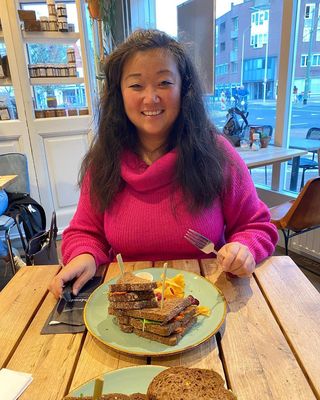Tag: Korean government
-
The Crying Girl
How the Korean Government Fails I was stationed in Korea for eight years and have made more than a dozen trips to Korea since I left in 2007. During my last visit to Itaewon, I came across a small bronze statue of a girl sitting on a chair, next to an empty chair, located at…
